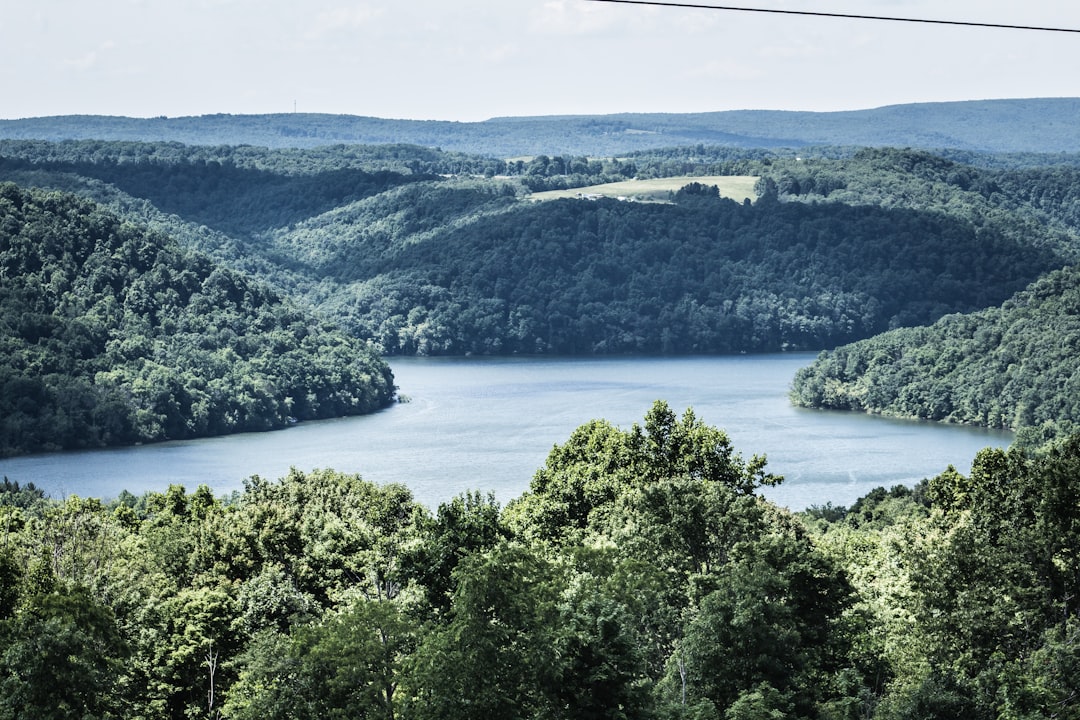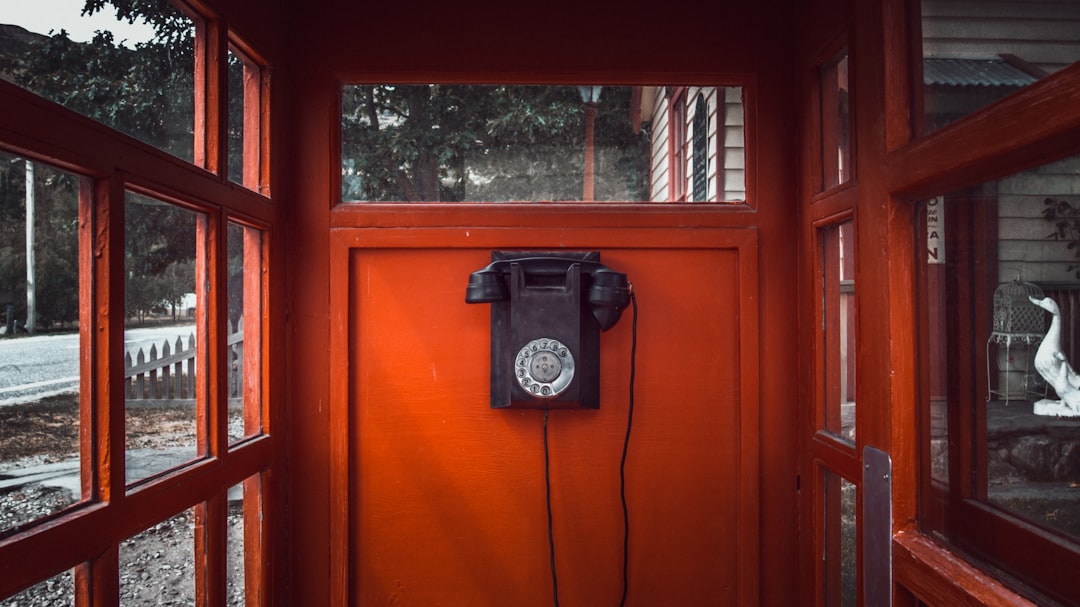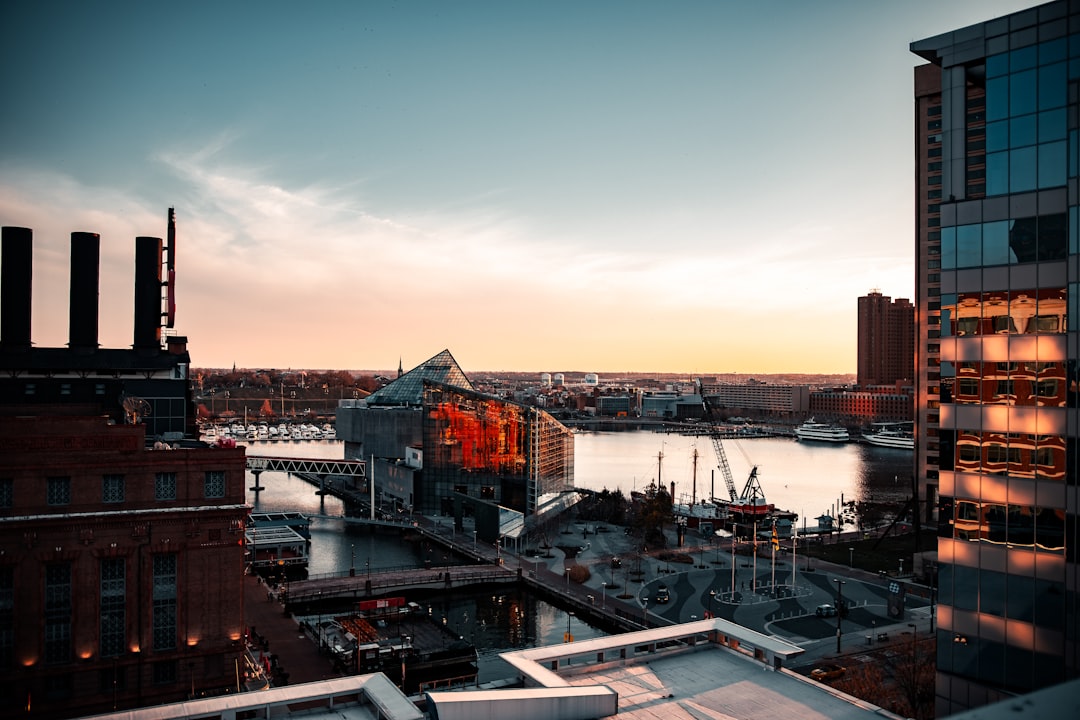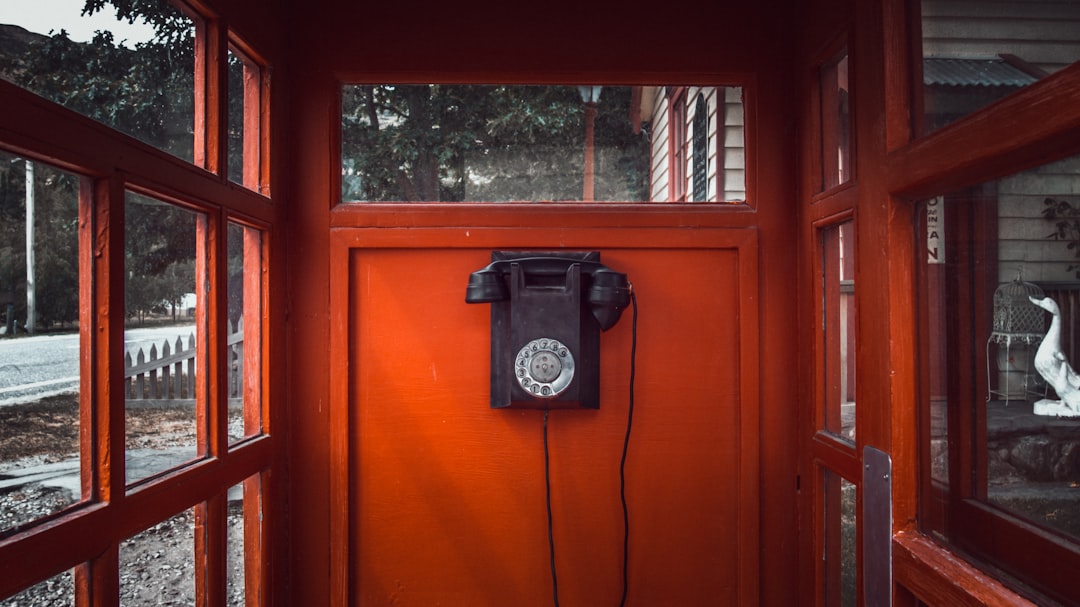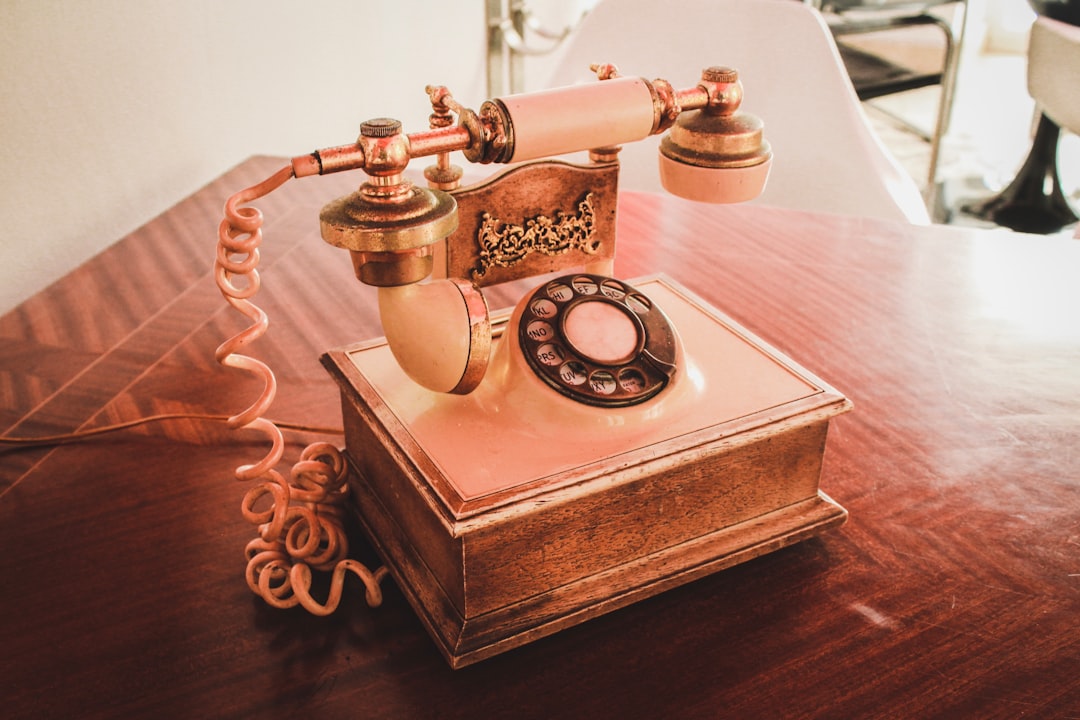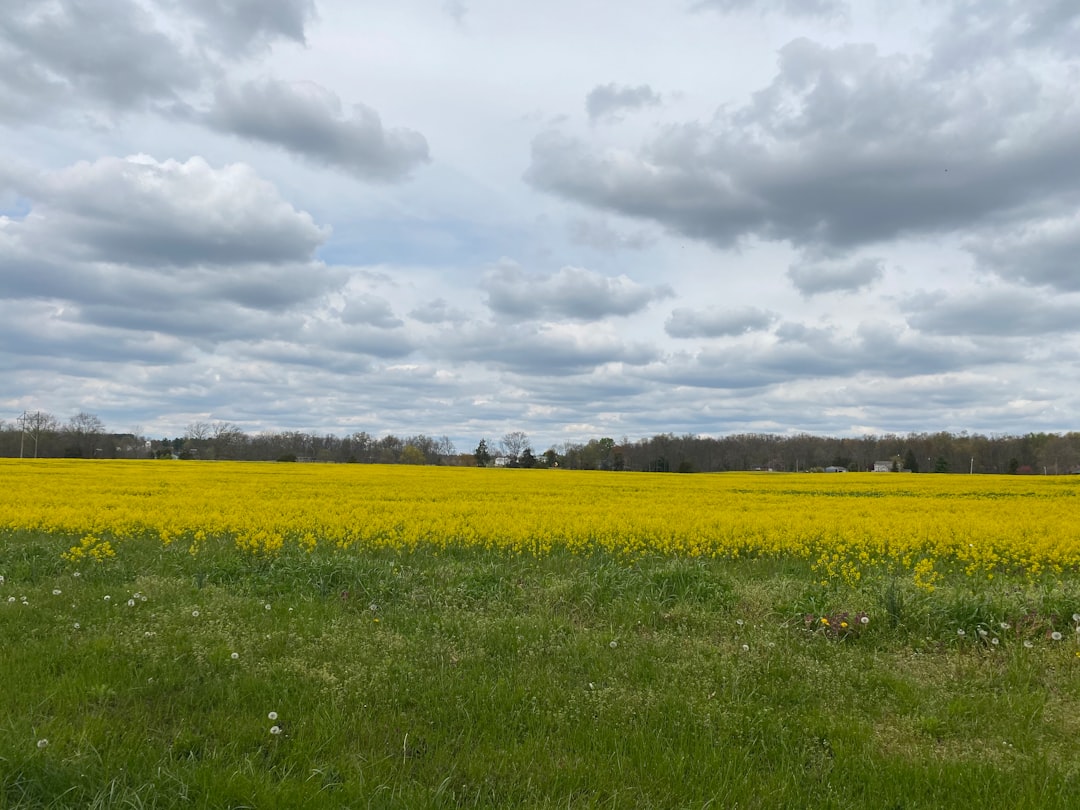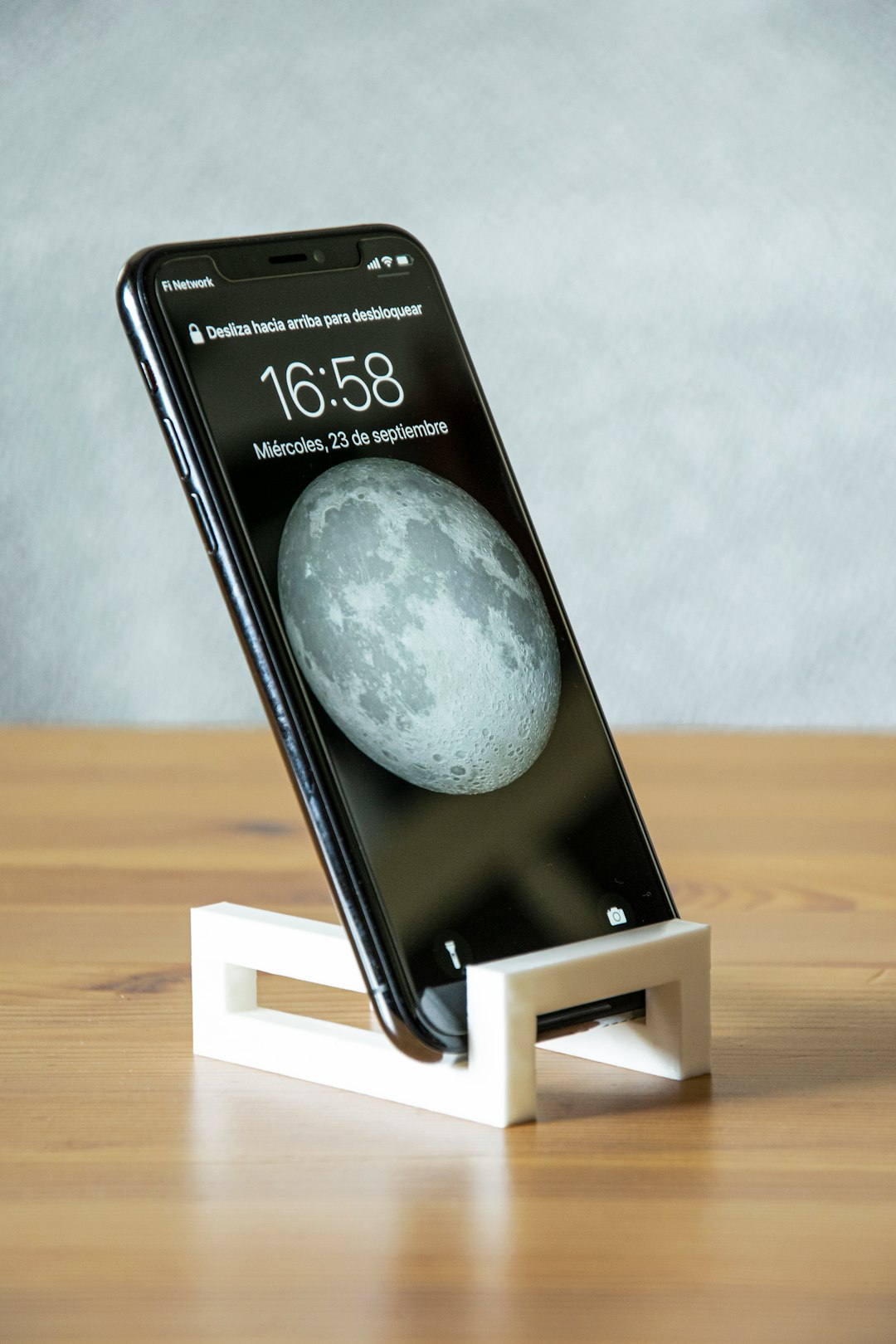Maryland wineries hosting tastings face unique challenges with Do Not Call laws. Compliance requires explicit guest consent and adherence to state guidelines. Consulting a lawyer for Do Not Call Laws Maryland is vital for crafting legal invitations, avoiding fines, and protecting consumer privacy, thereby safeguarding the winery's reputation and fostering trust.
“Unwind and indulge in Maryland’s vibrant wine scene, but remember—wineries must navigate a delicate balance between offering immersive tasting experiences and adhering to stringent Do Not Call laws. This article delves into the legalities surrounding winery tastings, focusing on invitations, Do Not Call regulations, and compliance strategies. Whether you’re a wine enthusiast or a lawyer specializing in Maryland’s Do Not Call Laws, this guide offers insights crucial for understanding and navigating this unique regulatory landscape.”
Understanding Maryland's Do Not Call Laws
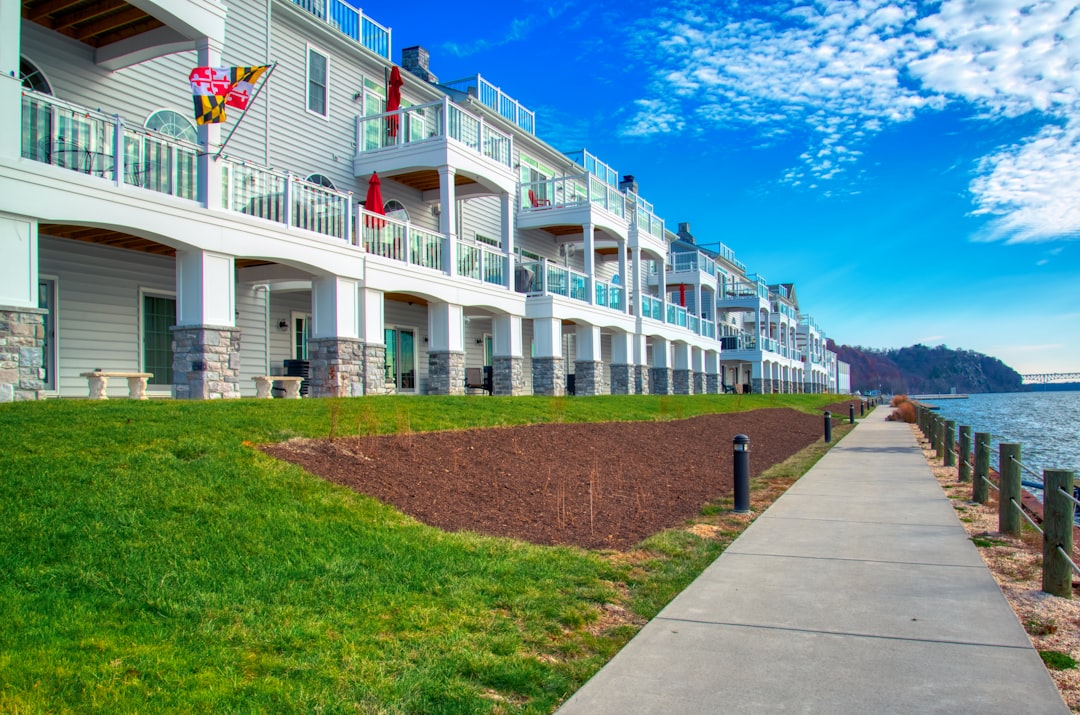
Maryland, like many states, has strict Do Not Call laws in place to protect consumers from unwanted telemarketing calls and sales pitches. These regulations can be a double-edged sword for wineries hosting tasting events. While they ensure compliance with privacy rights, they also require careful navigation to avoid inadvertently violating the law.
Wineries must be mindful of who they invite to their events and how they communicate with potential attendees. A lawyer for Do Not Call Laws Maryland can provide guidance on best practices, such as obtaining explicit consent from guests before adding them to marketing lists and ensuring that all invitations and follow-up communications comply with state regulations. Understanding and adhering to these laws is crucial to maintaining a positive reputation and avoiding legal repercussions.
Tasting Events: Invitations and Legalities
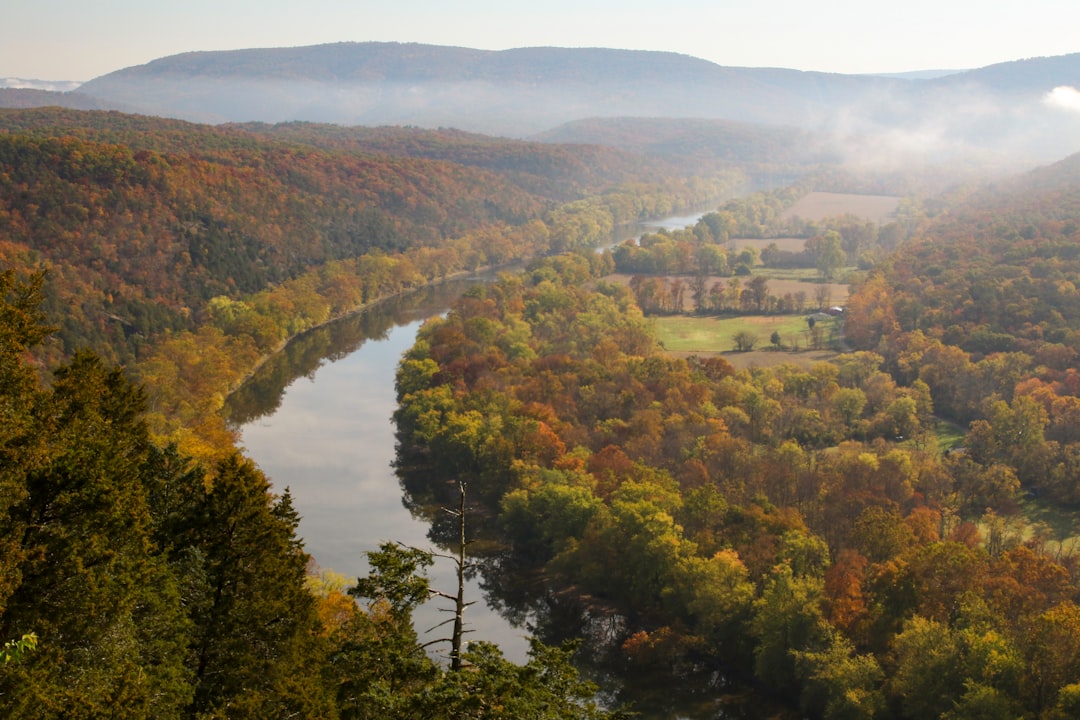
Tasting events at Maryland wineries are popular attractions, offering visitors a chance to sample local vintages and enjoy the bucolic setting. However, for winery owners and event organizers, navigating the legalities surrounding these gatherings is essential. Invitations play a crucial role in ensuring compliance with Maryland’s Do Not Call Laws. These laws, designed to protect consumers from unwanted telemarketing calls, also extend to direct sales events at wineries. A simple invitation should include clear information about the event’s purpose, date, time, and location. It should also state that attendance is by appointment only, emphasizing the need for prior authorization to attend.
Hiring a lawyer specializing in Maryland’s Do Not Call Laws can provide valuable guidance on crafting effective invitations and ensuring compliance during tasting events. Legal expertise is beneficial in understanding the fine print and avoiding potential pitfalls. This is particularly important as violations can result in significant fines, damaging the winery’s reputation. Therefore, proactive measures and legal counsel are essential to protect both consumers’ rights and the winery’s interests during these social and business gatherings.
Navigating Wineries' Compliance Regulations
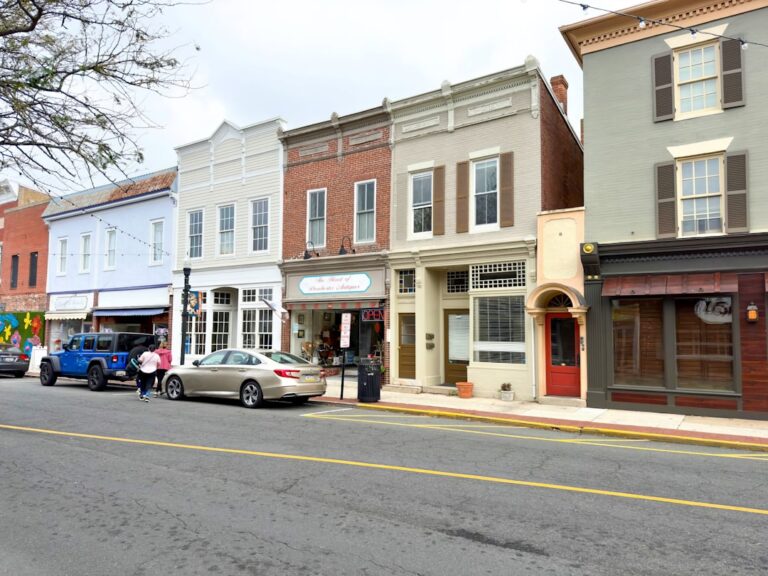
Navigating wineries’ compliance regulations, especially regarding do-not-call laws, can be intricate. In Maryland, vineyards and wineries must adhere to strict guidelines to protect consumers from unwanted sales calls. A lawyer specializing in Do Not Call Laws in Maryland can offer invaluable assistance. They can guide winery owners through the process of implementing effective do-not-call policies, ensuring compliance with state regulations while also protecting their business interests.
By consulting a legal expert, wineries can streamline their operations and avoid potential penalties. These professionals can help draft clear consent forms and establish procedures for managing customer preferences, thereby facilitating seamless interactions with patrons who have opted out of marketing calls. This proactive approach not only helps wineries stay compliant but also fosters stronger relationships with customers by respecting their privacy and choices.
